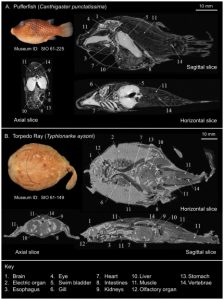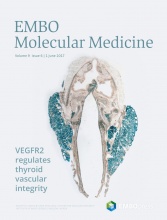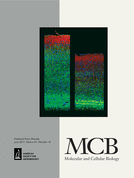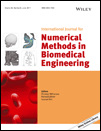 Back in April, Springer retracted a record number 107 papers from Tumor Biology after uncovering evidence they were subject to fake peer reviews. But it appears that the Tumor Biology sweep was only part of the story.
Back in April, Springer retracted a record number 107 papers from Tumor Biology after uncovering evidence they were subject to fake peer reviews. But it appears that the Tumor Biology sweep was only part of the story.
During the Tumor Biology investigation, Springer found evidence that the “peer review process was compromised” in a dozen papers on brain cancer published in another journal. The 12 Molecular Neurobiology retractions have trickled in over the past year or so, published before and after the Tumor Biology sweep.
A spokesperson at Springer confirmed that the 12 retracted papers in Molecular Neurobiology were related to the Tumor Biology retractions for fake peer review: Continue reading Springer purge of fake reviews takes down 10+ more neuroscience papers


 In the fall of 2015, out-of-work stem cell biologist Mavi Camarasa decided she had waited long enough. It had been three years since she and a colleague were, best they could tell, the first to successfully correct the most common cystic fibrosis mutation in stem cells derived from a patient.
In the fall of 2015, out-of-work stem cell biologist Mavi Camarasa decided she had waited long enough. It had been three years since she and a colleague were, best they could tell, the first to successfully correct the most common cystic fibrosis mutation in stem cells derived from a patient.  An EMBO journal has issued a correction for a well-cited 2012 review co-authored by a
An EMBO journal has issued a correction for a well-cited 2012 review co-authored by a  After a paper is published, how long should a journal consider allegations of misconduct? For one journal, that answer is: Six years.
After a paper is published, how long should a journal consider allegations of misconduct? For one journal, that answer is: Six years. Science Translational Medicine has retracted a paper by researchers based in Switzerland, after an investigation concluded two figures had been manipulated.
Science Translational Medicine has retracted a paper by researchers based in Switzerland, after an investigation concluded two figures had been manipulated. Sometimes, even a short notice catches our attention.
Sometimes, even a short notice catches our attention. A Rutgers computer scientist is retracting conference proceedings via an unusual channel: his personal blog.
A Rutgers computer scientist is retracting conference proceedings via an unusual channel: his personal blog. After issuing a retraction notice May 30 for a biomedical engineering paper, the journal has
After issuing a retraction notice May 30 for a biomedical engineering paper, the journal has